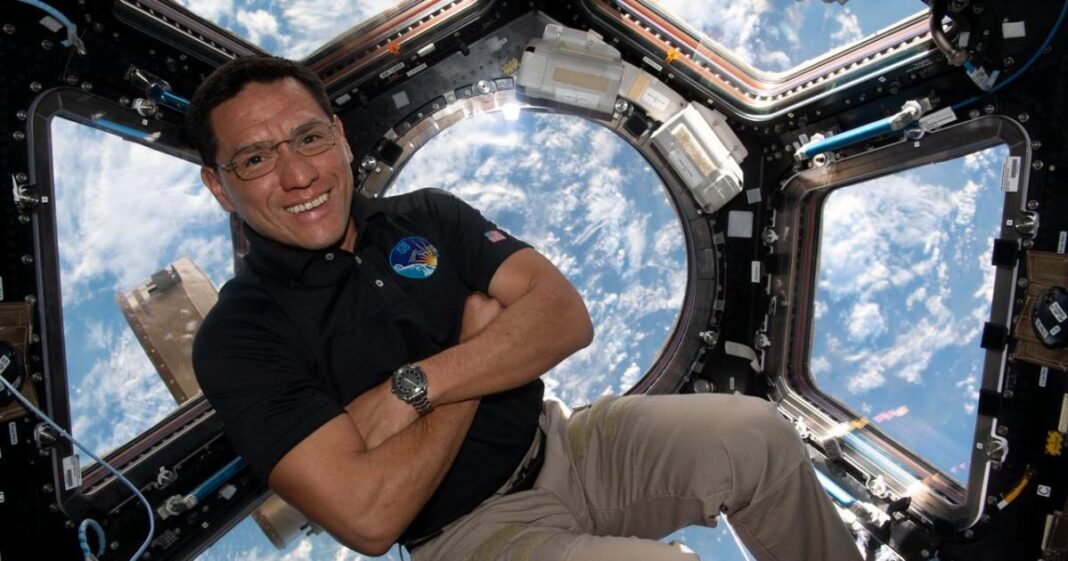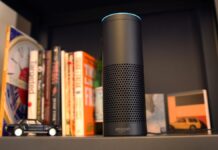Record-breaking NASA astronaut Frank Rubio recently revealed what he’ll miss most about life in orbit aboard the International Space Station (ISS).
Rubio returned to Earth at the end of last month after spending 371 days in space — the longest period of time spent in orbit by a NASA astronaut.
Now with his feet firmly back on the ground, and having had a few weeks to recover from more than a year spent in microgravity conditions, the American astronaut took some time out to answer questions about his historic mission.
During the hour-long Q&A session, one person asked what he’ll miss most about life in orbit.
After mentioning his crewmates, Rubio said he’ll also miss being able to float around the orbital facility in the microgravity conditions.
“Floating is just a lot of fun, you feel like a little kid,” Rubio commented, adding that it also “provides a difficult work environment because it turns out [that] holding things down while you’re trying to work on them is a different challenge … but you feel like a 10-year-old kid when you’re [floating].”
But the NASA astronaut said the thing that he misses most is the amazing view of Earth offered by the special vantage point 250 miles above our planet.
“It’s such a spectacular and unique view when you look down at the Earth,” Rubio remarked. “And the fact you can just float over … even if you’re having a hard day or you’re in the middle of something, and you just go and look out the window for 10 or 20 seconds, it just kind of lifts your spirits up, so I think that’ll be something I miss tremendously.”
For the best views, astronauts often head to the space station’s Cupola, a seven-window module offering unobstructed vistas of Earth and beyond.
Crew members with a keen interest in photography are even known to plan their visits to the Cupola so that they coincide with flyovers of spectacular natural features far below. French astronaut Thomas Pesquet, for example, had a keen eye, capturing some incredible images from his two missions aboard the ISS.
Rubio’s space mission was only supposed to last six months, but an issue with the Soyuz spacecraft that brought him to the ISS led to his return flight being rescheduled. While he missed his family, those extra months in orbit allowed him to enjoy many more views of Earth than he’d originally anticipated, and a lot more floating around, too.
Editors’ Recommendations
Source









